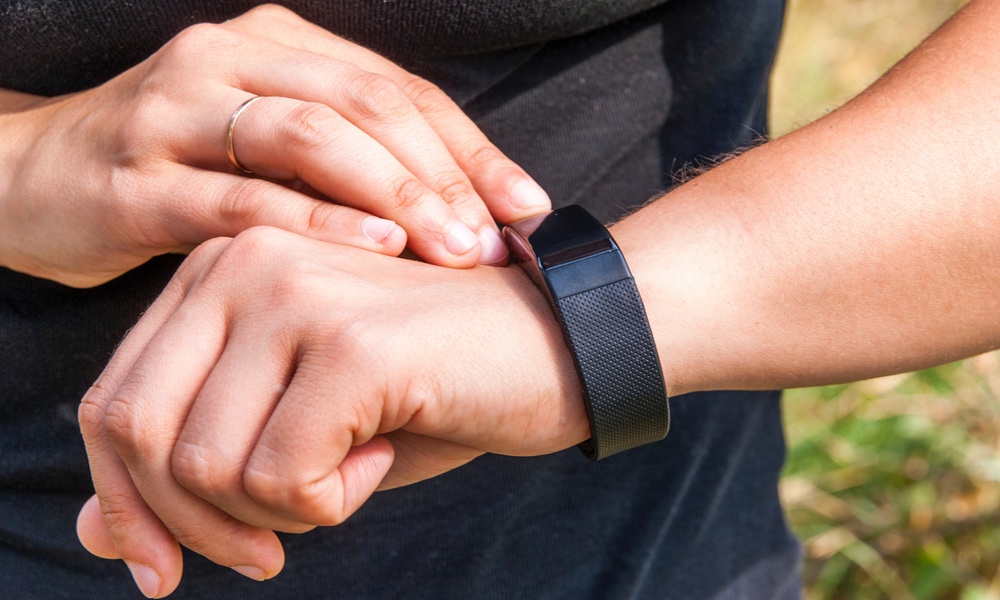The holiday season is right around the corner, and if you're thinking about getting Grandma or Grandpa or Mom or Dad an activity tracker, you might first want to consider whether they're a good match. Otherwise, the gift might just end up gathering dust.
Some people naturally take to gadgets. Others find them a burden; and they're the people most likely to put their activity tracker in the back of a drawer after a few weeks. You should have a pretty good idea by now which group your family members belong to, and whether they'll end up using that iWatch or FitBit or would be better off with a sweater or other less technological gift.
That's one finding from a Michigan State study that looked at the reasons why some people 65 and over use their activity trackers long-term and others do not. The study was based on an online survey of 214 people age 65 or older.
People who used their trackers long-term tended to use several of the device's functions, not limiting themselves to just one, such as step counts. Their technological savvy allowed them to take advantage of a tracker's versatility — its ability to also monitor calories burned, heart rate, mood, sleep time, etc.One area where both young and old agree is that big and bulky trackers are not acceptable.ADVERTISEMENT
Being female, well-educated, exercising regularly and not having chronic health conditions were other factors predicting long-term use. For purposes of the study, long-term meant more than six months.
Using the trackers for competition against family or friends did not encourage long-term use. That actually decreased the odds of continued use. Apparently the thrill of victory becomes less thrilling as people age.
“For older adults, motivation is about partnership and collaboration, such as walking together,” said study co-author, Anastasia Kononova, an assistant professor of advertising at Michigan State University. “It's about being active together, not competing.”
Of course, you never know how someone is going to react to a new gizmo. So if you think an elder family member might benefit from one, it's certainly worth a try. But the survey findings should give you some guidance on whether or not they seem to be a good candidate.
One area where both young and old agree is that big and bulky trackers are not acceptable, so pick something small. And if it’s a gift for an older person, keep it as straightforward to use as possible.
An article on the study appears in Telemedicine and e-Health.





